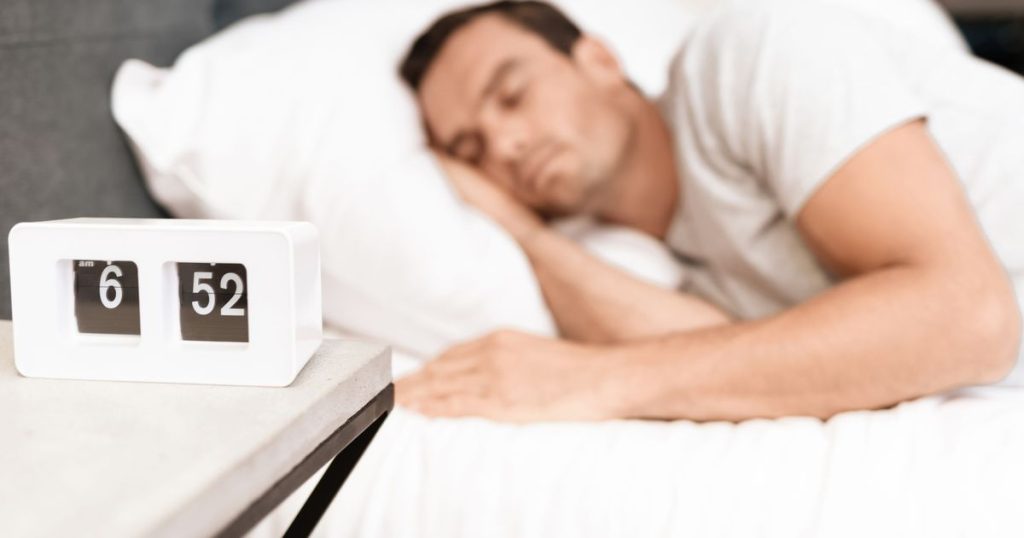A recent study has shown that regular exercise can significantly improve sleep quality and increase alertness during the day. Researchers from the University of Texas St Austin found that exercise can help individuals enter a deeper stage of non-rapid eye movement (NREM) sleep before reaching the rapid eye movement (REM) stage. NREM and REM are two of the five phases people go through while sleeping, with NREM focusing on relaxation and repair of the body, while REM involves more brain activity and dreaming. The study emphasized the connection between physical activity and emotional well-being, highlighting the positive impact of exercise on mood. Poor sleep is often linked to mood disorders, anxiety, and depression, making it crucial to maintain healthy sleep patterns.
Sleep consultant Rosey Davidson supports the findings of the study and emphasizes the role of exercise in promoting better sleep by regulating the body’s internal clock, known as the circadian rhythm. Engaging in physical activity can help reduce stress hormones like cortisol and release endorphins, which enhance mood and contribute to better sleep quality. While there isn’t a specific set of steps or exercise duration recommended for optimal sleep benefits, being physically active within reason is advised. Getting outdoors for exercise, especially in natural light, can have additional advantages such as improving Vitamin D levels. Davidson suggests that maintaining a balance between various aspects of health, including exercise, can be the most effective approach to overcoming sleep challenges and improving overall well-being.
In addition to exercise, individuals can also consider making changes to their sleep environment to enhance sleep quality. Factors such as bedding, room temperature, and reducing screen time before bed can contribute to a more restful night’s sleep. However, the impact of exercise on the body at a physiological level sets it apart from other lifestyle adjustments. Physical activity can directly influence the body’s response to sleep, making it a powerful tool for combatting sleep disturbances and enhancing overall health. By incorporating exercise into their daily routine, individuals can create a positive cycle of improved sleep, mood, and overall well-being.
The study’s findings align with existing research on the relationship between physical activity and sleep quality. Regular exercise has been linked to better emotional health, improved mood, and a reduced risk of mood disorders. By incorporating physical activity into their lifestyle, individuals can create a foundation for better sleep and overall health. While sleep remedies like lavender sprays and calming music can be helpful, the simple habit of regular exercise offers lasting benefits for sleep quality and mental well-being. Understanding the connection between exercise and sleep can empower individuals to make positive lifestyle changes that support better sleep and lead to improved quality of life. By prioritizing physical activity and maintaining a consistent exercise routine, individuals can achieve deeper, more restorative sleep and wake up feeling refreshed and energized for the day ahead.


